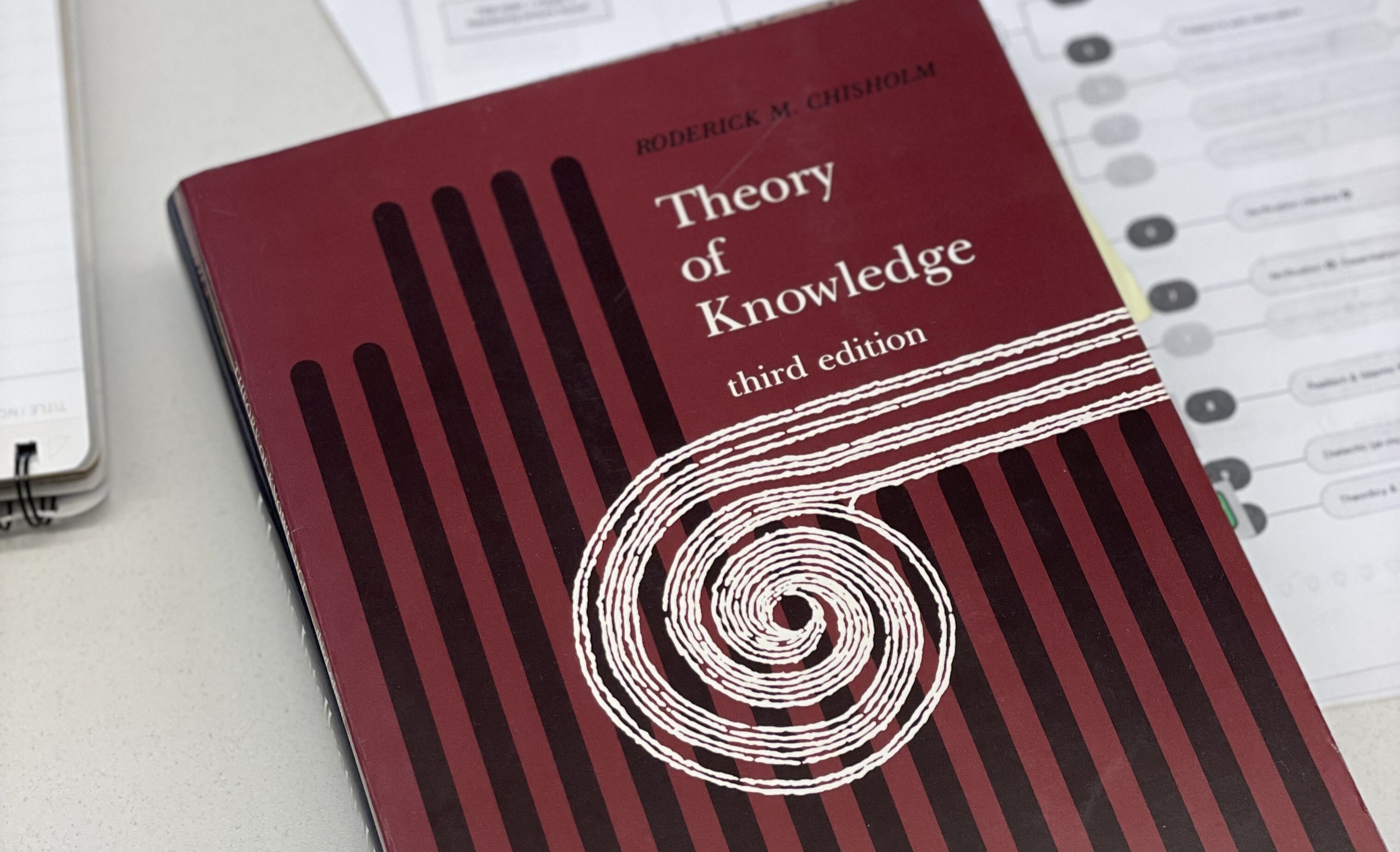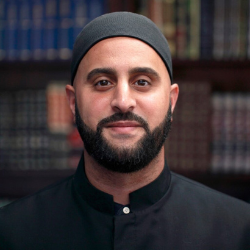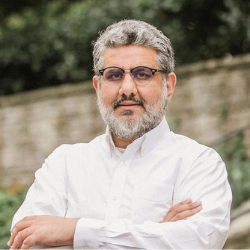Department of Islamic Studies
- Home >
- Department of Islamic Studies
.png)
Master of Arts (M.A.) in Islamic Theological Studies
This 48-unit, 2-year graduate program is crafted for seminary-trained students ready to engage the intellectual traditions of Islam at the highest level. Grounded in ʿIlm al-Kalām and Uṣūl al-Fiqh (the “two foundational disciplines”), students are equipped to operate with depth and integrity in both traditional and academic arenas.
You will:
- Delve into classical logic, theology, legal theory, and philosophy
- Learn to navigate Western academic frameworks without losing your grounding
- Refine your academic writing and dialectical precision
Pre-requisites: Completion of a traditional 4–5 year Islamic seminary program and a Bachelor’s degree (any field)
About the Curriculum
The curriculum offers a rigorous blend of textual study, historical survey and analytical research. Students examine foundational theological treatises and legal theory texts, often engaging with original Arabic sources under faculty guidance. Key areas of study include creedal theology (ʿaqāʾid), comparative jurisprudence, Islamic rational theology, philosophy of Islamic law, ethics, and the historical development of Islamic thought. Through seminars and research projects, students learn to apply traditional scholarly methods to modern questions—such as analyzing contemporary philosophical challenges through the lens of classical theology or exploring how classical legal principles can inform present-day issues. Throughout the program, emphasis is placed on academic precision and respect for the diversity of thought within the Islamic scholarly heritage.

.jpg)
Who is this program for?
Ideal candidates for the M.A. in Islamic Theological Studies are those who have completed an undergraduate degree and formal Islamic studies training (for example, graduates of an Islamic seminary or madrasa program) and who wish to deepen their scholarly mastery. Applicants are typically expected to demonstrate proficiency in Classical Arabic and familiarity with primary Islamic texts, since the coursework demands engagement with original sources. Graduates of this program will be prepared to pursue advanced research at the doctoral level or to serve in roles that require intermediate-high level expertise in Islamic theology and law—such as academic teaching, scholarly research, or advisory roles in religious institutions. They will have honed the ability to articulate and analyze Islamic theological and legal perspectives with intellectual rigor and fidelity to the tradition.

Shaykh Fouad Elgohari
Faculty, Senior Director of Academic Affairs, Department of Islamic Studies ProgramLead
Dr. Omar Qureshi
Visiting Faculty, Director of Integrated Curriculum, Yaqeen InstituteCore Courses
Islamic Rational Theology
A rigorous introduction to classical Islamic theology, this course examines Muslim credal doctrines and the framework and tools used to ground those doctrines. Topics include God, prophecy, free will, and epistemology within the Ashʿarī and Māturīdī schools, and a historical survey of theological and philosophical approaches. Students will engage primary texts and develop tools to assess foundational positions.Islamic Law & Legal Theory
Introduces the sources, principles, and methodologies of classical Islamic jurisprudence and legal theory. Students explore Sunni legal schools, interpretive approaches, and the contemporary application of Sharīʿah, gaining familiarity with key concepts and legal terminology.Qur’anic Sciences
Provides an in-depth understanding of Qur’anic sciences (ʿUlūm al-Qur’ān) including revelation, compilation, variant readings, and tafsīr. Students engage critically with traditional and modern approaches to interpretation and textual analysis, building foundational knowledge and analytical tools.Islamic History
A comprehensive survey of Islamic civilization from the Prophet’s time to the modern era. Emphasizes political, cultural, and intellectual developments, including Umayyad and Abbasid history, Ottoman expansion, and the shaping of collective memory through historiography.Paradigms of Islamic Spirituality
Explores inner purification and moral refinement through the Qur’an, hadith, and classical/post-classical Sufi texts. Students examine early and later figures such as al-Bistami, al-Qushayri, al-Ghazali, Ibn Arabi, and Rumi, as well as the evolution of Sufi guilds and their impact on personal transformation and collective ethics.Program Requirements
CONNECT WITH US
Are you ready to enroll?
Join a dynamic community of changemakers at Bayan Islamic Graduate School. Whether you're pursuing leadership in chaplaincy, education, scholarship, or public service, Bayan offers flexible, accredited graduate programs grounded in Islamic tradition and designed for modern impact. With a hybrid model ideal for working professionals, enrolling at Bayan means taking the next step in your spiritual, academic, and professional journey.
